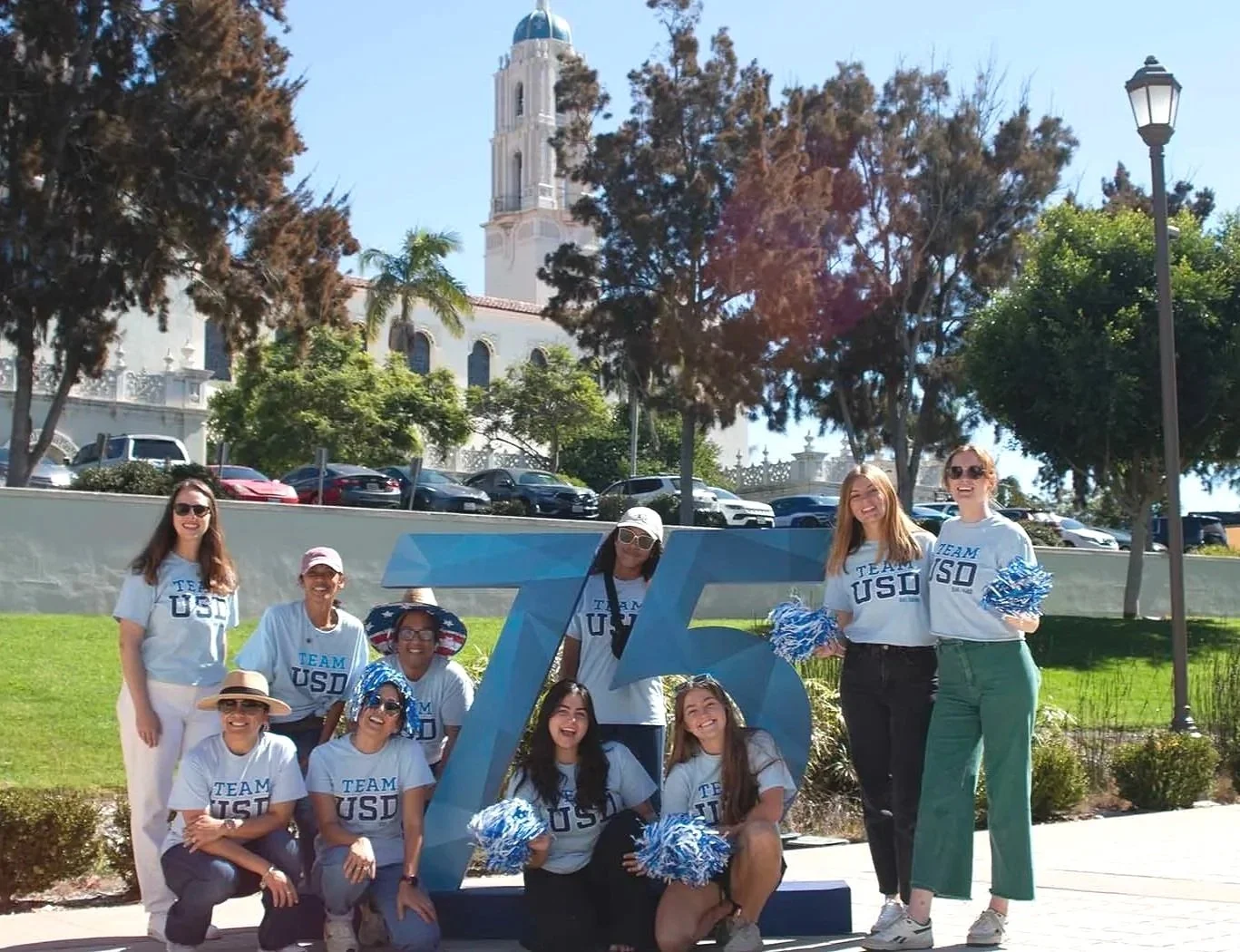Why Corporate Volunteerism Matters in 2025
Corporate volunteerism, also called employee volunteering, has become a key part of Corporate Social Responsibility (CSR) programs. In 2025, corporate volunteerism matters more than ever because it connects businesses with their communities, strengthens employee engagement, and supports long-term company goals.
According to Deloitte, nearly 9 in 10 employees believe that companies sponsoring volunteer activities create a better working environment. With more employees seeking purpose-driven work, companies that invest in corporate volunteerism are seeing measurable benefits for their workforce and communities alike.
Why Corporate Volunteerism Matters for Businesses
Corporate volunteerism is an effective way for companies to demonstrate their values while creating positive results internally and externally.
Stronger Employee Engagement and Retention
Employees who participate in volunteer opportunities often report higher job satisfaction. Research from LinkedIn shows that employees involved in volunteer programs are more likely to feel proud of their company. This sense of pride helps strengthen engagement and reduces turnover, which lowers long-term recruitment costs.
Mission Edge Corporate Social Responsibility team with University of San Diego volunteers during their 75th anniversary event centering USD’s dedication to developing compassionate leaders and changemakers. Read more about how we incorporated service opportunities aligned with their values into their milestone celebrations: Marking Milestones with Meaning: How Qualcomm and USD Centered Corporate Social Responsibility
Improved Employer Branding
Job seekers are placing greater importance on social impact when evaluating potential employers. According to Porter Novelli, nearly 90% of employees say they are more loyal to a company that supports social or environmental issues. Offering well-structured employee volunteer programs highlights an organization’s commitment to community and makes it more attractive to top talent.
Leadership and Skills Development
Corporate volunteerism often creates opportunities for employees to build leadership skills or apply expertise in new ways. Skills-based volunteering, for example, allows employees to use professional knowledge to support nonprofit organizations.
Qualcomm celebrating 40 years of success with a purpose-driven celebration that reflected their commitment to community impact. See how our CSR team collaborated closely with them to create a volunteer program that mobilized employees to give back.
This type of experience strengthens both professional development and community outcomes.
For companies looking to integrate these strategies, Mission Edge provides Corporate Social Responsibility program management services that help align volunteer programs with business goals and create measurable impact.
Why Corporate Volunteerism Matters for Employees and Communities
The value of corporate volunteerism extends beyond business performance. It provides meaningful benefits for employees and the communities they serve.
Employee Well-Being
Research from the Mayo Clinic shows that volunteering is linked to improved mental health and lower stress levels. Participation also helps employees build social connections, which contributes to stronger workplace relationships.
Community Strengthening
Nonprofit organizations benefit from the time and expertise of employee volunteers. By contributing skills, knowledge, and labor, employees expand the capacity of local organizations to reach more people and deliver better services.
Corporate Volunteerism and the Future of CSR in 2025
Corporate volunteerism directly connects business practices to broader social expectations. Today’s workforce and customers expect companies to demonstrate community commitment, not just financial performance.
Key Reasons Corporate Volunteerism is a Priority This Year:
Employees expect opportunities to contribute to meaningful causes.
Hybrid and remote work models have expanded access to virtual volunteering.
Companies are increasingly tracking volunteer participation as part of ESG reporting.
Community partnerships are stronger when supported by employee involvement.
Corporate volunteerism continues to matter in 2025 because it drives employee engagement, strengthens company culture, and builds community partnerships.
By integrating employee volunteering into CSR strategies, organizations can create lasting impact for both their workforce and society.
Mission Edge can help!
Mission Edge helps organizations design and manage employee volunteer programs that align with company values, engage employees, and deliver measurable results.
To learn more about how we can support your CSR strategy, contact Mission Edge today.

















